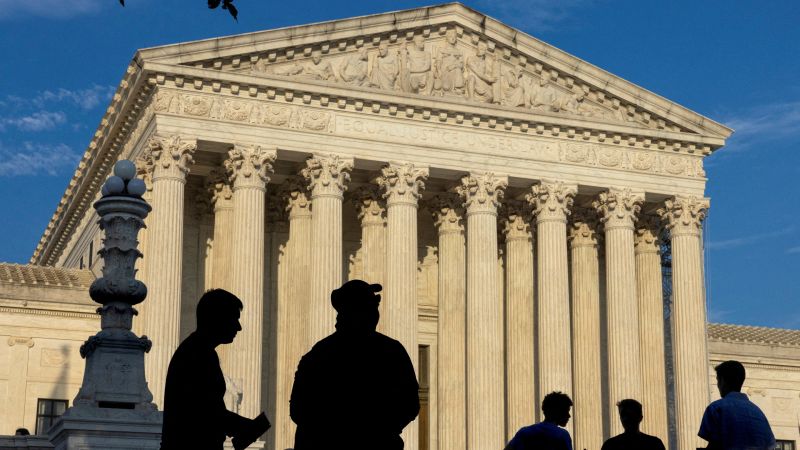In a recent ruling, the Supreme Court decided not to address the major constitutional issues surrounding laws in Texas and Florida aimed at protecting conservative viewpoints on social media. The laws will remain blocked while lower courts continue to address the constitutional concerns. The decision postpones a final judgment on the constitutionality of states preventing online platforms from moderating their own content.
The Supreme Court struggled to interpret the reach of the Florida and Texas laws, which supporters argued would safeguard internet users’ freedom of speech but opponents claimed would violate platforms’ First Amendment rights and lead to chaos on social media.
Justice Elena Kagan, supported by Chief Justice John Roberts and Justices Sonia Sotomayor, Brett Kavanaugh, and Amy Coney Barrett, criticized the appeals courts for mishandling the First Amendment issues. Kagan particularly singled out the US 5th Circuit Court of Appeals for misunderstanding First Amendment principles in its ruling for Texas.
The cases have far-reaching implications for how Americans access news and information and for the autonomy of platforms like Facebook, Instagram, YouTube, and TikTok in moderating content such as spam, hate speech, and misinformation.
Attorneys for Texas and Florida, as well as the industry group NetChoice, argued that the laws would regulate social media platforms like utilities, requiring them to display all content neutrally without bias. Conversely, NetChoice and its supporters viewed the laws as government intrusion on private entities’ decisions on hosting speech.
Various groups argued that mandating equal treatment of all content could actually result in more harmful content, including spam, hate speech, and misinformation, as creators could claim discrimination under the state laws.
In the ruling, Kagan highlighted the potential impact of the laws on various platforms and technologies beyond Facebook’s News Feed, which the lower courts failed to consider. She emphasized that the laws may affect a wide array of services and functions of social media giants, raising uncertainty on the laws’ full scope.
Given the lack of analysis by the lower courts, Kagan advised against the Supreme Court’s involvement in assessing the state laws. The story is developing, and updates will follow.











